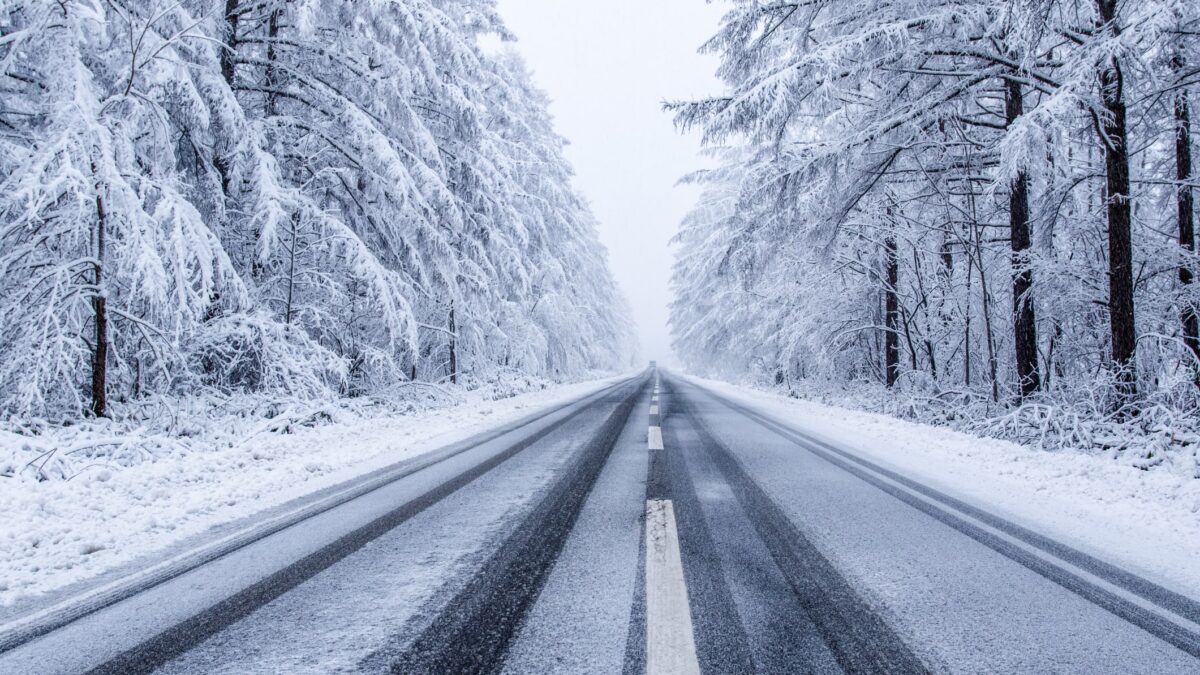
Natural disasters are always unpleasant. Obviously, somethings are worse than others, but all pose their own risks and problems. If you live in the south, however, the challenge presented by winter weather can be particularly daunting. After all, the southern United States is generally warmer and does not get snow or ice storms. When they strike, then, local communities are often unprepared to deal with the crisis. As with so much of life, taking care of yourself and your family falls to you. Keep on reading for our tips on preparing for ice storms!
Snow vs Ice
Snow and Ice often go hand-in-hand, though not always. A snow fall can come without any ice. Similarly, it is possible for there to be a heavy accumulation of ice without snow. While snow can certainly bring it’s own challenges, large accumulations of ice are often particularly dangerous. Ice on the roads(especially black ice) makes traveling by motor vehicle a challenge. It doesn’t take very much ice to bring down trees or power lines, further complicating travel or emergency responses. It takes very little ice accumulation to shut down services and conveniences many are unaccustomed to going without.
General Preparations
There are several things you can do ahead of time to prepare for a natural disaster. One of the simplest is putting together an emergency preparedness kit. You can purchase these pre-made or make your own, but having one for each member of your household is a hugely beneficial step, whether preparing for ice storms or any other crisis.
Having a generator can also be useful, depending on what type and where it’s located. If you can protect your generator from the elements, it may provide power for your crucial necessities as you shelter in place.
Before winter, it is also a good idea to makes sure your roof and gutters are cleared of debris. Leaves and branches can accumulate moisture, causing further water or ice damage to your house’s roof.
Aside from your house, make sure your vehicle is up to date on all maintenance requirements. If you make the decision to leave your house, whether in preparation of for an emergency, you’ll want your car in working order! Keeping an ice scraper and small broom in your car may also come in handy. And, if you life in an area with common winter storms, investing in a good set of winter tires is not a bad idea, either.
When the Storms Come
When the ice storms arise, monitor local news(whether by tv or radio). Take the advice of local officials and experts, though you will need to make your own determination based on your circumstances. If the storm persists, it is likely that emergency services will be provided, either by the government or by private companies. Make sure to have plenty of warm clothing and blankets; wind chill can be just as dangerous as hail. If possible, use the opportunity to spend time with your family and pass the time as the storm passes. It can be of enormous mental benefit to distract the mind, rather than waiting anxiously!





